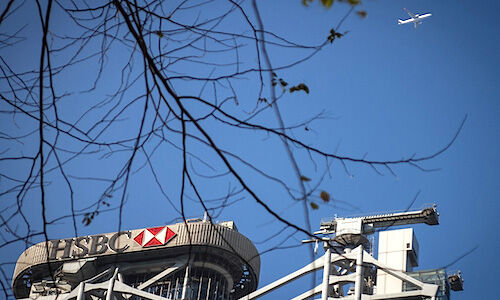HSBC: Entrapment Mastermind or Conspiracy Theory Victim?
«In summary – on the facts not disclosed by the [U.S.]: No deception. No material omission. No conduct by [Meng] placing HSBC at risk. No fraud,” Meng’s lawyers added.
«These proceedings have been poisoned. They can no longer be reasonably regarded as fair, regardless of the undoubted good faith of the court.»
State Media Backlash
A wave of Chinese state media backlash quickly followed reports of Meng’s new claims. The «People’s Daily» accused HSBC of deception and being an accomplice of the U.S. in a conspiracy to frame Huawei.
A report by «Global Times», a major state-owned English media outlet, cited experts and anonymous sources suggesting punishments including placement of HSBC's on the nation’s list of unreliable entities, prosecution via Chinese courts and even complete removal from the Chinese market.
This does not bode well for HSBC which has been hard at work to build a favorable image in mainland China, most recently evidenced by its public support for the national security law in Hong Kong, amidst ongoing expansion in the market the fuels a significant portion of its global profits.
HSBC: «International Banks Must Follow International Rules»
«In response to information requests from the U.S. Department of Justice, HSBC only provided factual information. HSBC has not ‘fabricated’ evidence or ‘concealed’ facts, nor will it distort facts or harm any customers for our own benefit,» HSBC added in its WeChat post.
In a separate statement, HSBC underlined that international collaboration and trust was critical for a stable business environment and «normal operations».
«We also rely on each sector in the community to fully understand that international banks must follow international rules, and to give a fair judgment to the values and contributions of their services provided to international customers and local markets,» the bank said.
- << Back
- Page 2 of 2


























